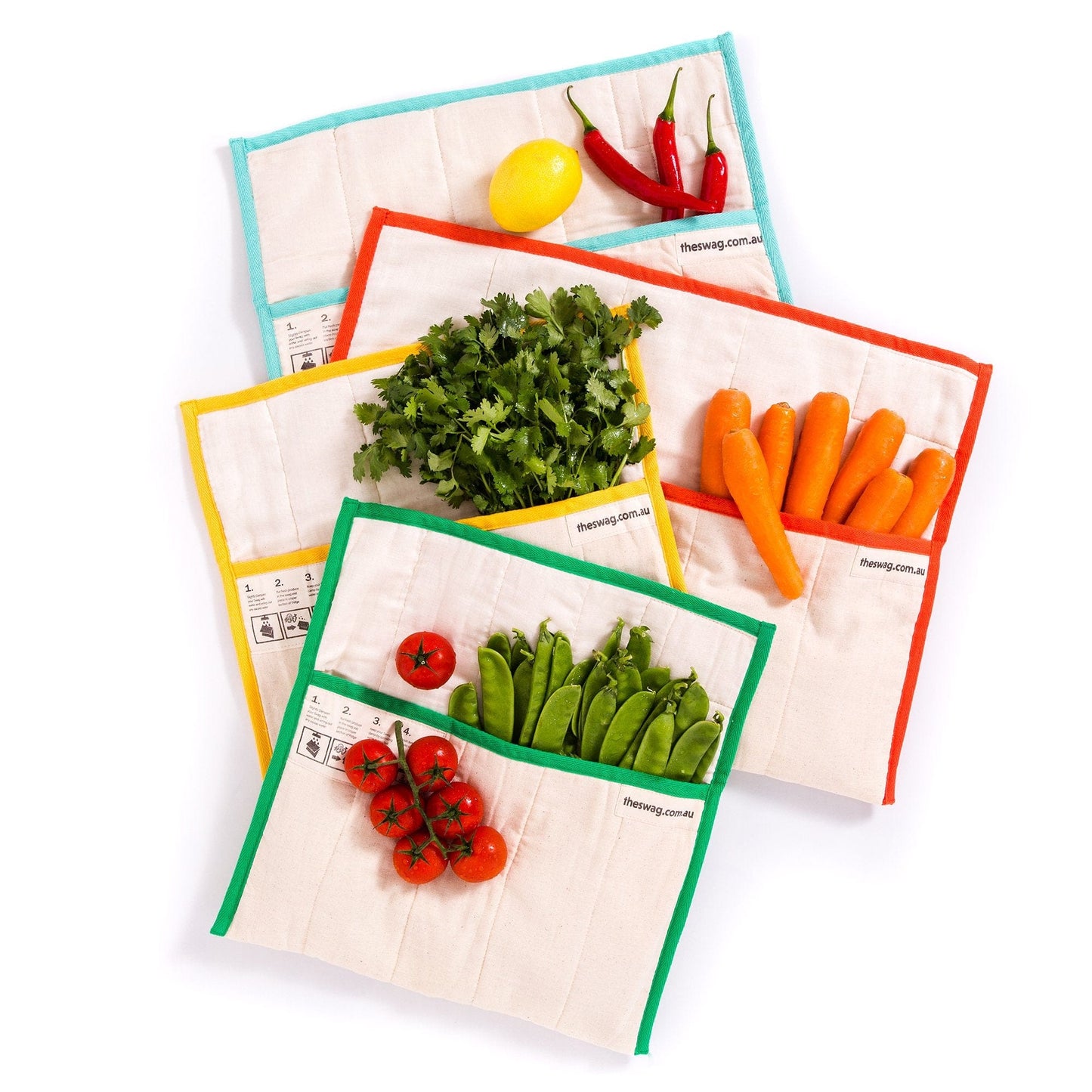How to Follow a Pegan Diet
Lay off the Sugar: this may be a tough one for some people but if you wish to go down the Pegan path, sugar and other refined or ‘simple’ carbohydrates have to go. Pegan aside, sugar in any form should really be no more than a treat occasionally rather than a staple part of your diet.
Vegetables are your best friend: For Pegans, most meals consist of at least 50% vegetables. All varieties and all colours are welcome but pegans generally go relatively easy on starchy vegetables such as potatoes, sweet potato and squash.
Fruit in moderation: This is a slightly confusing one. Vegans generally recommend eating all types of fruit in equal quantities while paleo advocates typically suggest consuming more low-sugar fruits. Pegans tend to side with the Paleo outlook on things with a larger emphasis on the consumption of low-sugar fruit like berries etc.
Healthy fats are welcome: Foods high in omega-3 fatty acids are welcome on the Pegan diet. These include olive oil, avocados, nuts and seeds. Some pegans do eat a small amount of animal products and source these good fats from foods like eggs, grass-fed meat and oily fish like salmon.
Dairy is out: Pegans are pretty strict on dairy, or the total lack of it, in their diets. Almond or soy milk are common replacements for their animal-made counterparts.
Avoid Gluten: Pegans typically opt to eat little or no gluten as part of their lifestyle. Studies have shown that gluten is damaging to the gut, even to those who have no symptoms of gluten intolerance and pegans don’t take these studies lightly!
Say No to GMO: Pegans stay away from any foods which have been treated with pesticides, antibiotics or hormones or have been genetically modified in any way. The same rule applies to chemicals, artificial sweeteners, additives, preservatives, dyes etc.



